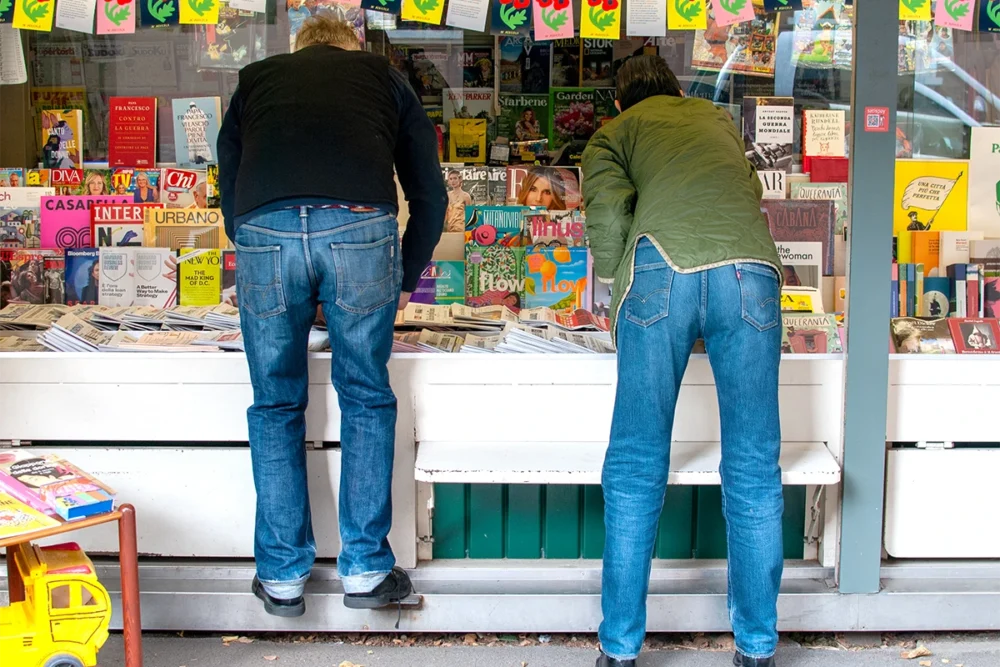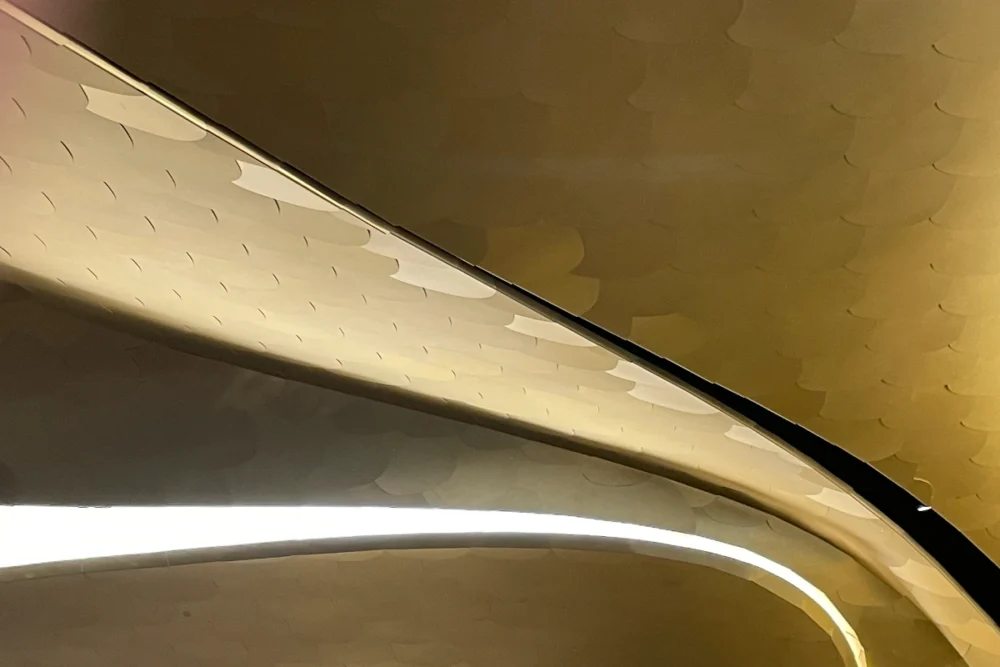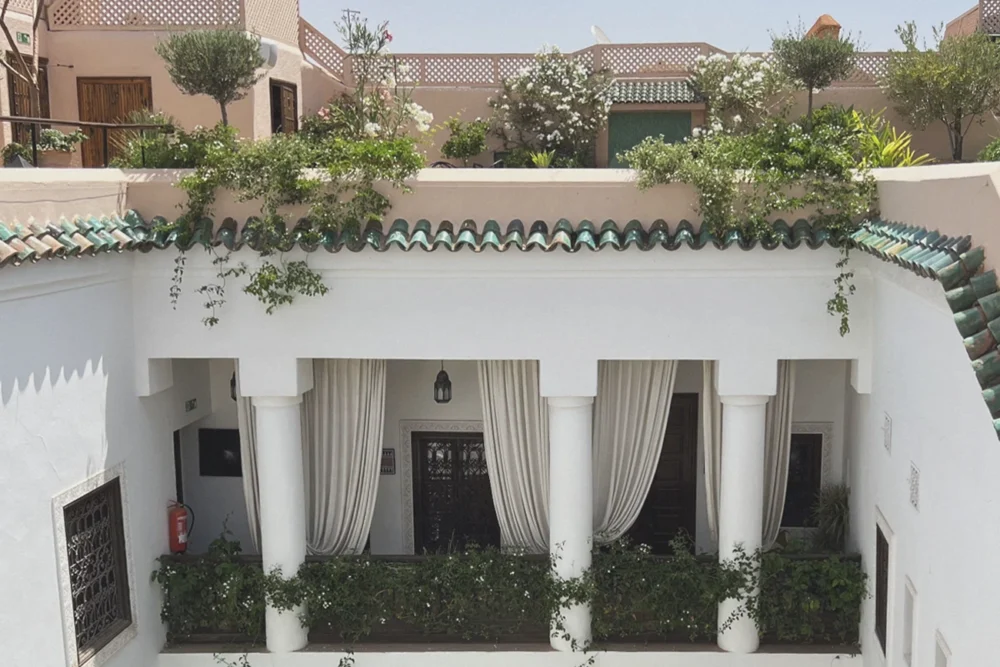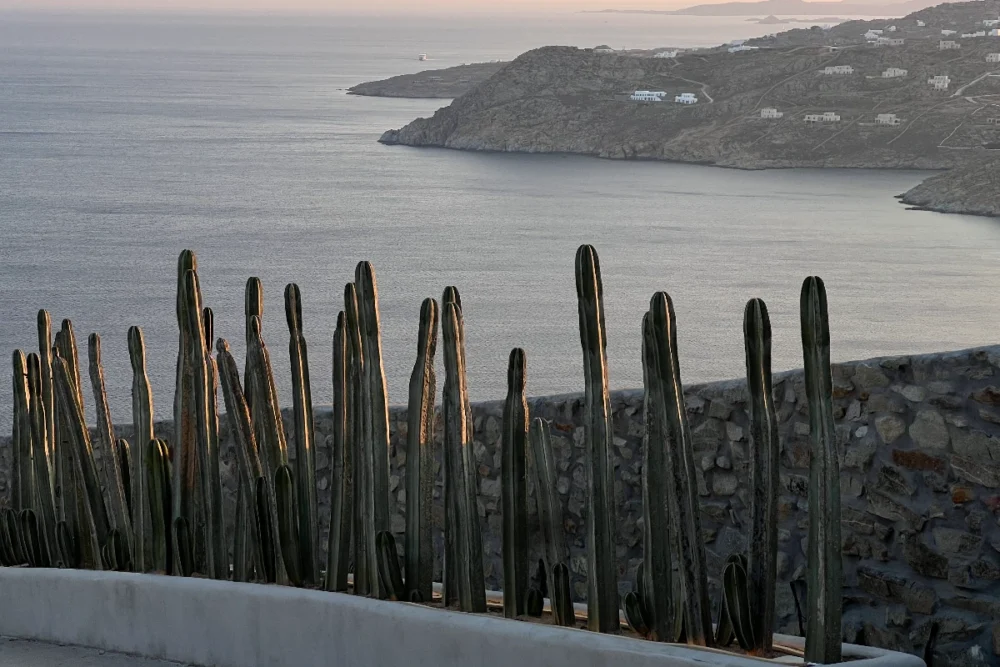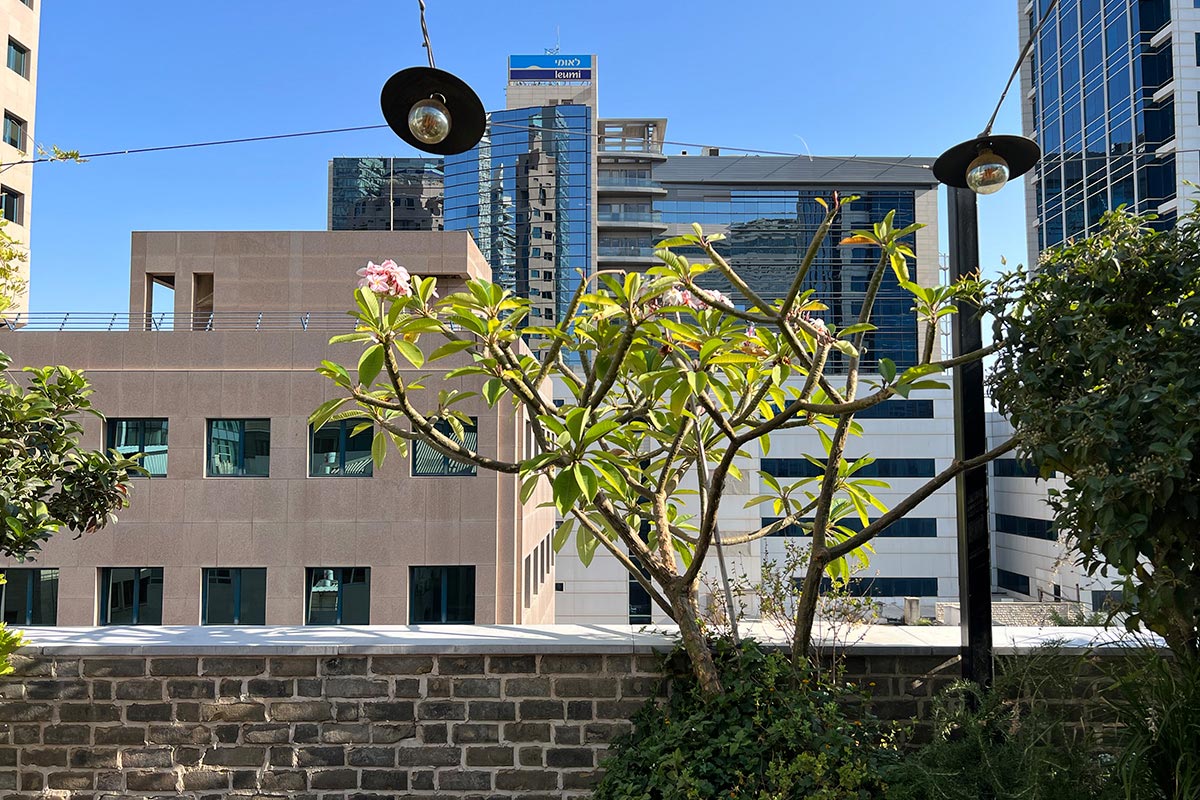
The Vera, Tel Aviv. Introducing Israeli short supply chain and local enterprises
A birthing house turned into a boutique hotel that follows the Local Anthology concept – «Almost everything is made in Israel: furniture, lighting, organic soaps, linen», founder Danny Tamari recounts
The Vera, Neve Tzedek
The Vera opened four years ago, in Lilienblum Street, between the boutique and galleries of Neve Tzedek – the first neighborhood of Tel Aviv outside Jaffa – and Allenby Street, a cultural and commercial hotspot. The building was the first birthing house in Tel Aviv. When Danny Tamari, founder of The Vera, and his team took over, there was an office at the top and «everything else was ruined». They rented the place for twenty five years – optimizing costs, but with the need to renovate the building. The Vera Hotel was born.
The restoration project was entrusted to architect Asaf Solomon, from the Yaron Tal Studio. In Tel Aviv it is easier to build something from scratch instead of renovating a historic building. The historic building is enlisted and the bureaucracy is stringent. The foundation itself cannot be touched, but you can clean it, while working in confined spaces.
The Vera follows the goal of ecological sustainability, and a zero plastic policy
The Vera was named after the plant Aloe Vera. Attention to the environment guides the daily management of the hotel. «Changing all of the one-use plastic was easy and today all of our ‘plastic’ such as garbage bags are made of beans and do not have negative effects on our world. However, to get our suppliers to buy into it was more difficult». The team at The Vera was able to persuade their suppliers to deliver their orders plastic-free, which eventually, he says, inspired these local vendors to adopt a new more sustainable approach with all of their customers.
Made in Israel – The Vera supports Made in Israel products
Local Anthology – The Vera supports Made in Israel products, by Israelis. «Almost everything in the hotel is made here: from the furniture to the lighting and the organic soaps that you have in every room, to the linen made with Egyptian cotton». The robes and tissues in the room have been made by a historically Isreali owned company – White Linen. «The father of the current owner started the company. They had a crisis at some point. They worked with Pottery Barn in the United States which came to be 95% of their business. One day they lost Pottery Barn, their main account, and Pottery Barn moved to China». As a result of losing the account, they lost everything. The Vera was one of their only clients following the loss and other hotels started to notice White Linen. Now, they are working with several other five star hotels.
Danny Tamari’s venture into the hotel industry
Tamari has been in the hotellerie industry since the age of eighteen. He grew up in Germany, whereafter he studied hotel management in Switzerland as well as business at Les Roches in the Swiss Alps. He then moved to London where he worked for ten years at Ian Shrager Hotels – today’s Morgan’s hotel. «He’s the person that invented boutique hotels. Now he has a joint venture with the Edition hotels», Tamari states. After not enjoying the weather in London, he decided to move back to Israel where he opened the first Brown hotel in the country.
The interiors in The Vera
Elemento Design Studio designed some of the furniture featured in the hotel. «We were able to go to them and let them design things for us – which is different than usual. When you let them design over there, they design the furniture that they want». Tamari however, did not want this for The Vera. he did not want everything to be made in the head of the interior designer. He wanted the other designers in the city to be able to be included. «We worked with companies that are based not far away from here. All of the lights in the room and next to the bed are made for us».
Tamari specifies that all the soaps are «one hundred percent organic, not natural, organic. They are made here in the desert». The manufacturers do not use water, but rather aloe vera as a liquid. Essential oils, such as bergamot and calendula, are grown locally on a farm. Owned by an ortodox Jewish family, the farm is responsible for all ingredients. The family has traveled around the world to acquire the formulas.
[envira-gallery id=”108465″]
A local wine and cheese establishment at The Vera
«We feel that Israel has a great wine culture but it is not very known for it», Tamari states. The Vera stocks wine from every Israeli region which is made available to clients through a dispensary in the hotel hall. The hotel also stocks a wine that is grown in the desert. There was a local wine maker who dreamed about growing grapes in the desert; «it took him ten years, but now he produces his own wine». Tamari aims to introduce Israel to the world. He states that their guests find comfort in knowing where their products are from.
The earliest winepresses discovered in the Land of Israel are from 5,500-6,500 years ago
The earliest evidence of grape domestication and wine production is over 10,000 years old and was found in Caucasia. The vines spread to the west and south, and the earliest winepresses discovered in the Land of Israel are from 5,500-6,500 years ago. Wine was produced only from red grapes, as they are more durable than white grapes, and red wine keeps well even in harsh conditions. Thousands of ancient winepresses have been uncovered in Israel, which suggests how common wine production and consumption was across the land. Archeological excavations have also found consignment notes for wine amphorae shipped from Canaan to Egypt more than 5,000 years ago. Today, in Israel, some 13,500 acres are planted with vineyards which produce 50 million bottles a year. Annual wine consumption is about six liters per capita. Israeli wine is a billion shekel industry and exports total 50 million dollars a year.
They work directly with the wine farms and cheese makers – not third party suppliers. They also source all their vegetables directly from farms. «This way they earn more, we don’t pay for the mediation and this is how we get the best produce».
The Vera is opening another hotel in Tel Aviv, next to the beach
The Vera is opening another hotel in Tel Aviv, next to the beach. This new location has one and a half to two years of work remaining, but Tamari seems optimistic. «The building used to be a cinema and we want to replicate the cinema experience on the rooftop. It was an historical building».
The next metropolitan city
Tel Aviv is already the most expensive city in the world – more than New York. Tamari sees a bright future for the country and states that the economy is booming. There are new buildings popping up everywhere – they have started to build underground to stop the congestion.
The Vera
Lilienblum St 27, Tel Aviv-Yafo, 6513102, Israel

